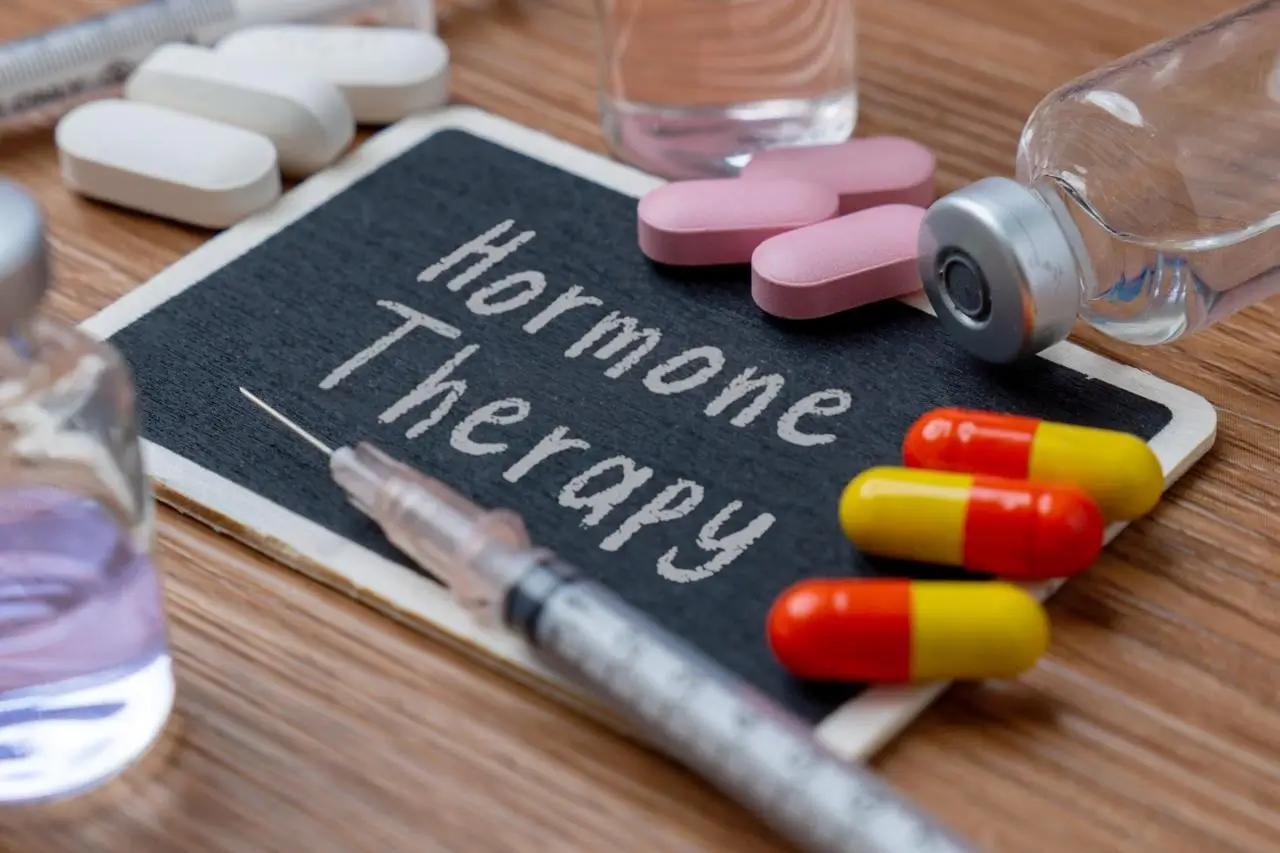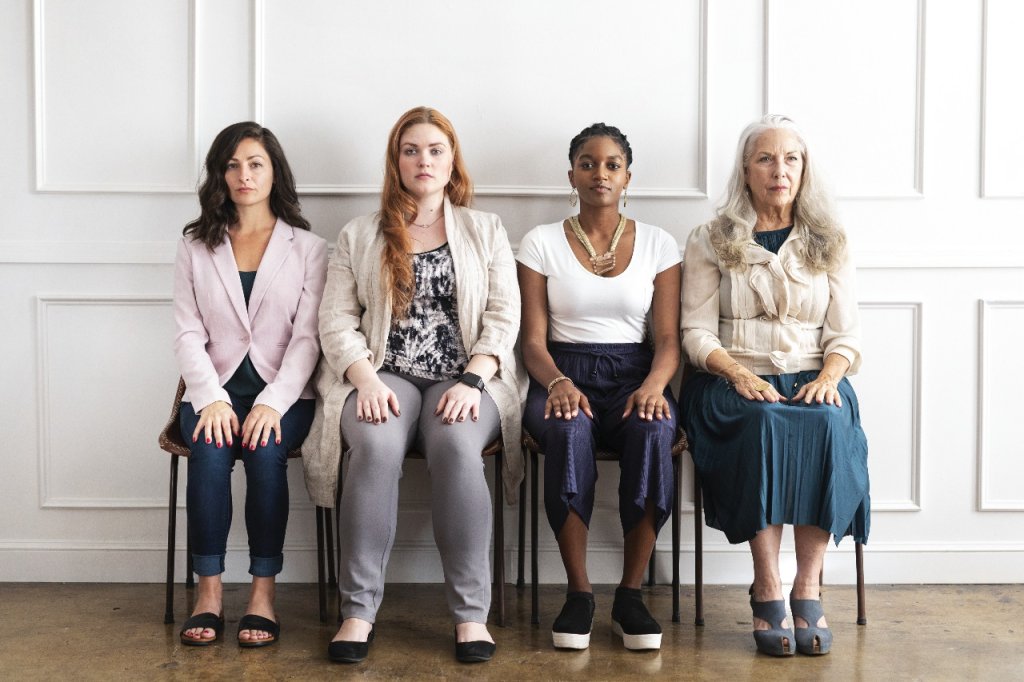

There are moments in a woman’s life that feel like they shift something deep inside us. For some, early menopause is one of those moments — unexpected, confusing, and sometimes emotionally heavy.
If you are here because your period has changed, or your body feels unfamiliar, or your intuition is whispering “something is happening”… I want you to know this first:
You are not alone. And there is nothing “wrong” with you.
Let’s walk through this together — gently, clearly, and with warmth.
Menopause is the stage when your period stops for 12 consecutive months, marking the end of your reproductive years. It usually happens around 45–55 years old.
Early menopause, however, happens before age 45.
And when it happens before age 40, it is medically called:
Premature Menopause, or
Primary Ovarian Insufficiency (POI)
But beyond terminology, early menopause is simply:
Your ovaries slowing down earlier than expected.
This shift affects:
Menstrual cycles
Hormone levels
Mood
Energy
Sleep
Skin
Bones
And how you feel in your own body
It’s not just physical — it can be emotional, identity-based, relational.
But it’s not the end of anything.
It’s the beginning of a new relationship with your body.
More common than we talk about.
| Condition | Age Range | Approx. % of Women Affected |
|---|---|---|
| Early Menopause | Before 45 | ~5% |
| Premature Menopause / POI | Before 40 | ~1% |
Meaning:
1 in every 20 women is walking this journey.
But most walk it quietly, often thinking they’re alone.
You are not.
Your body speaks to you. The key is recognizing the language.
Irregular or missed periods
Hot flashes or sudden warmth waves
Night sweats
Mood swings or emotional sensitivity
Unexpected anxiety or irritability
Lower libido or changed desire
Vaginal dryness or discomfort during intimacy
Brain fog or memory “slips”
Fatigue that feels different from normal tiredness
Some are subtle. Some are loud. Each woman’s experience is deeply personal.
(The honest, simple version — no overwhelm)
Sometimes we can identify a cause. Sometimes we can’t.
And not knowing doesn’t mean you did something wrong.
Genetics (family history is a strong factor)
Autoimmune conditions
Thyroid disorders
Smoking (known to accelerate menopause)
Certain medical treatments (chemotherapy, radiation)
Surgical removal of ovaries
Very low body weight long-term
Chronic stress impacting hormonal signaling
But in up to 60% of women with POI:
There is no clear reason.
Your body simply took a different path.
It can be confusing — and that’s okay.
Understanding comes in layers.
This part is rarely discussed, yet it is real and important.
When menopause happens earlier than expected, many women describe emotions like:
“I feel like my body betrayed me.”
“Why is this happening now?”
“Am I aging faster?”
“Do I still feel like myself?”
“What does this mean for intimacy? For identity?”
If you’ve had any of these thoughts:
You are not dramatic. You are human.
Your hormones are also deeply tied to:
Sense of softness
Sense of safety
Sense of identity
Sexuality
Vitality
So of course there are emotional ripples.
Compassion for yourself is not optional — it’s medicine.
Early menopause often does impact fertility.
But — and this is important — it does not always mean pregnancy is impossible.
Some women with POI still ovulate unpredictably.
Some choose IVF.
Some choose donor eggs.
Some choose not to pursue pregnancy.
There is no “right” path.
Only your path — supported, informed, and chosen with dignity.
No guessing. No self-judgment. Just clarity.
A doctor may run:
FSH (Follicle Stimulating Hormone) test
Estrogen (Estradiol) levels
AMH (Anti-Müllerian Hormone) for ovarian reserve
Thyroid and Autoimmune markers
But diagnosis is not just lab numbers.
It’s your symptoms + cycle patterns + your lived experience.
The goal is not to “fix” your body.
The goal is to support it beautifully.
| Support Type | What It Helps With |
|---|---|
| Hormone Therapy (HRT) | Hot flashes, mood, bone & heart health |
| Strength Training | Bone density & metabolism |
| Omega-3 Fatty Acids | Brain health & emotional regulation |
| Vitamin D + Calcium | Joint, bone & muscle support |
| Mind-Body Therapies (Yoga, Breathwork) | Stress, sleep & nervous system balance |
| Talking About It | Emotional grounding & identity support |
If choosing HRT, know this:
For women experiencing early menopause, HRT is often protective.
Not fear-based. Not risky when monitored.
Just supportive of the bone, heart, brain, and emotional equilibrium your hormones once held. That is why Miror has launched India’s first HRT Centre of Excellence, where you can have all your HRT related questions answered under one roof from India’s top doctors, health experts and OB GYNs so you can begin your HRT journey without any fear or inhibitions!
Early menopause may make you feel like:
You’ve arrived at a life stage you weren’t emotionally prepared for.
You are being rushed into a new chapter.
But here is something true and powerful:
Your femininity is not tied to your ovaries.
Your youth is not limited to your hormones.
Your womanhood is not bound to your reproductive function.
This is not an ending.
This is a shift into deeper body wisdom.
Many women find:
clearer boundaries
stronger self-awareness
emotional maturity
grounded desire
new forms of intimacy
This stage can be a homecoming, not a loss.
Move your body with compassion, not punishment
Prioritize protein and healthy fats at meals
Avoid skipping meals (your hormones love steady nourishment)
Sleep becomes a sacred non-negotiable
Limit caffeine close to evening
Make space for emotional expression, not suppression
You don’t have to be perfect.
You just have to be in conversation with your body.
If your journey includes:
grief
relief
confusion
acceptance
or a mixture of all
That makes sense.
Bodies are not mechanical.
They are emotional landscapes.
There is no “right way” to feel.
Your warmth.
Your softness.
Your strength.
Your intuition.
Your laughter.
Your sensuality.
Your depth.
None of that leaves you.
Early menopause does not take away who you are.
It invites you to meet yourself more closely.
Not at all! Early menopause is not caused by something you did or failed to do.
It’s often related to genetics, natural ovarian changes, or factors outside of your control.
Your body is not betraying you — it is simply taking a different timeline.
Guilt has no place here. Compassion does.
Absolutely!
Hormones influence how we feel, but they do not define femininity.
Your sensuality is not lost — it may simply need new conditions: more emotional connection, more presence, more gentleness.
For many women, intimacy becomes deeper and more meaningful in this stage, not less.
Of course. It may take some time, and the path may be layered, but women do return to a grounded, steady sense of themselves.
With support — whether that is lifestyle care, stress regulation, or hormone therapy — your body finds its new balance.
You will feel like yourself again.
Just softer. Wiser. More in tune.
Grief is a normal and valid part of early menopause.
You are not being dramatic — you are being human.
Hold space for the sadness and the possibility of a different kind of beauty that can grow from here.
You can still build family, intimacy, purpose, joy — just not always in the way you once pictured.
Your story is not closing. It’s rewriting.
If you feel safe, yes — sharing can bring relief, understanding, and support.
Explain that early menopause affects energy, sleep, mood, and emotional bandwidth.
The more they understand, the easier it becomes to feel held, not isolated.
You do not have to carry this alone.
Connection is part of the healing.



 ×
×

